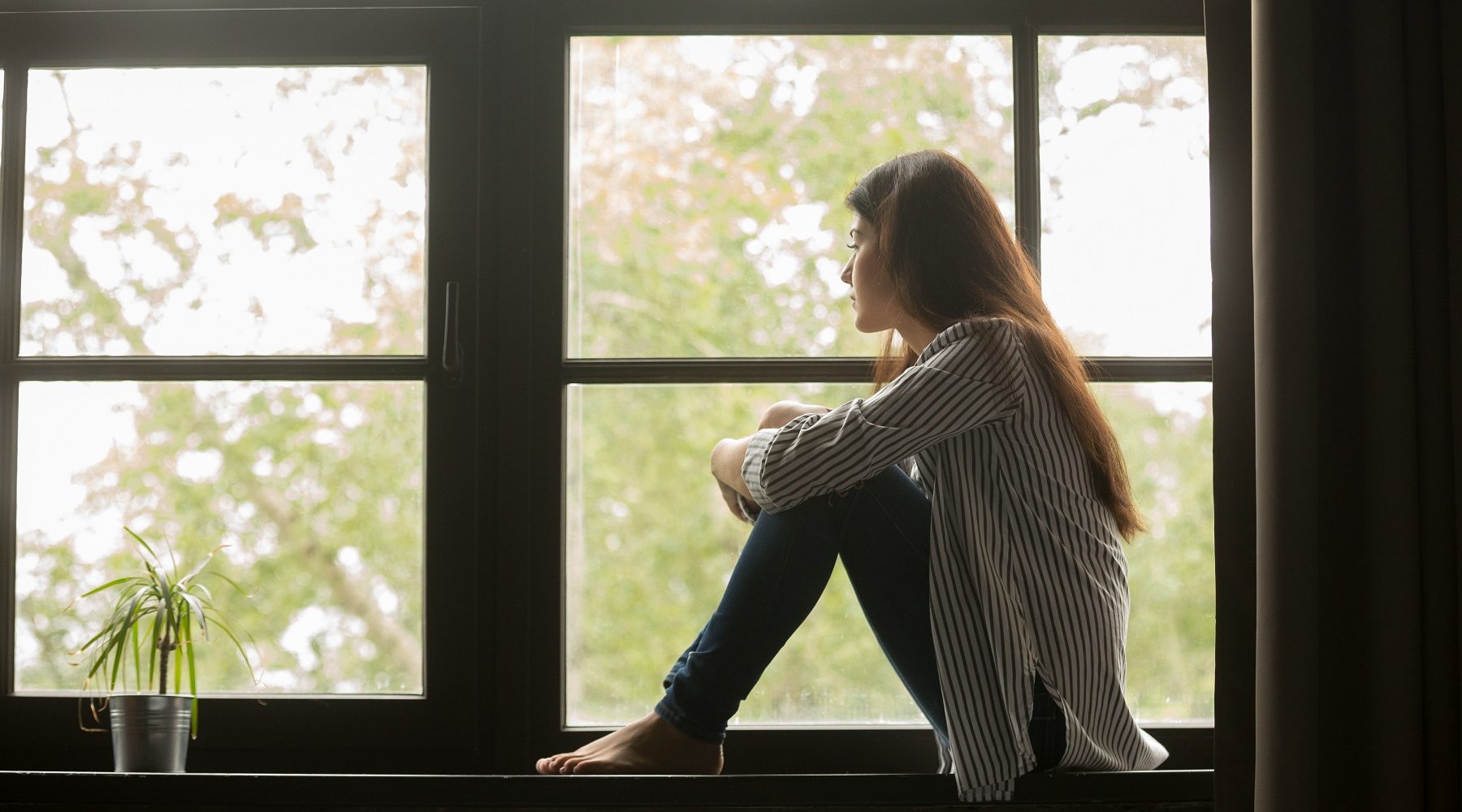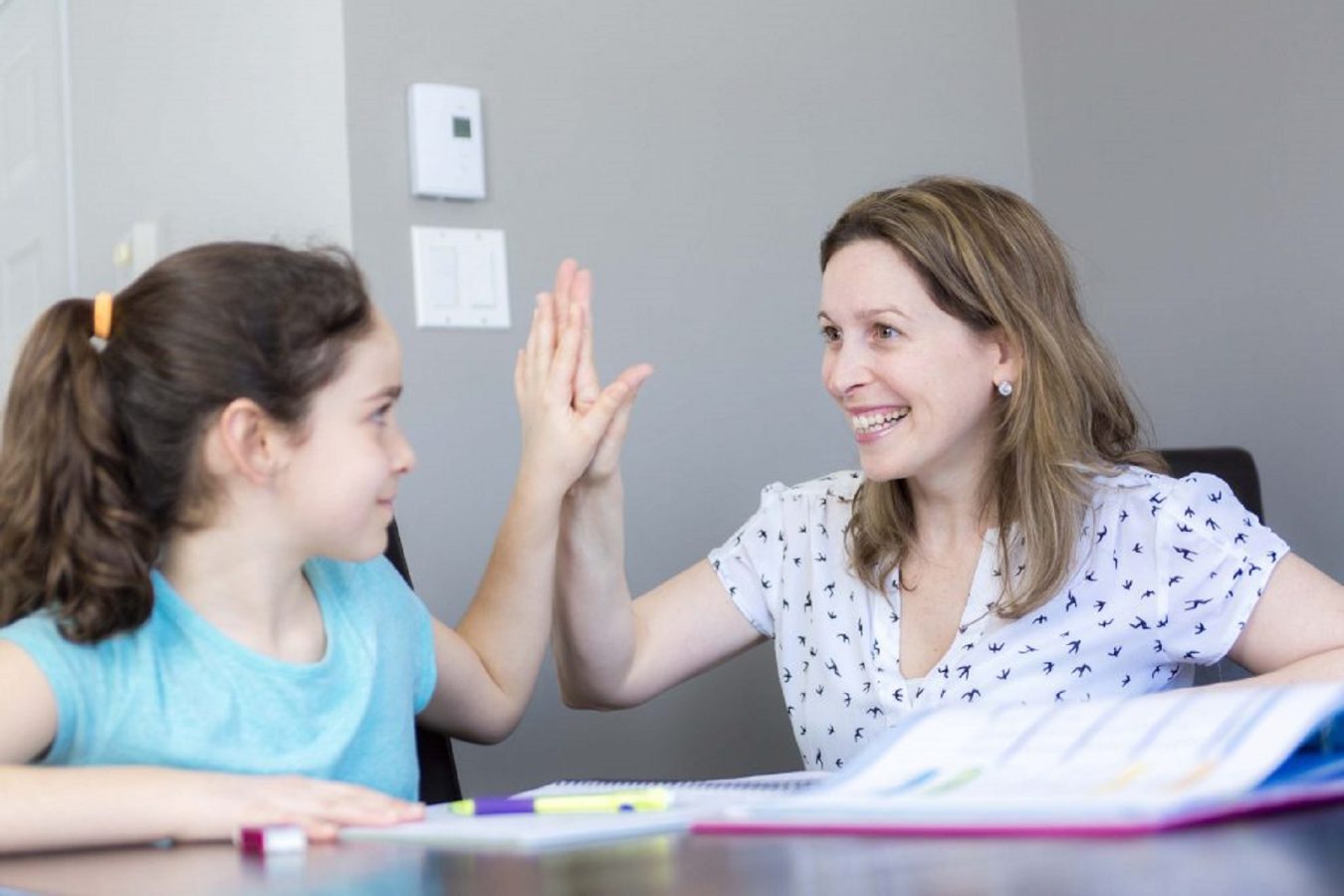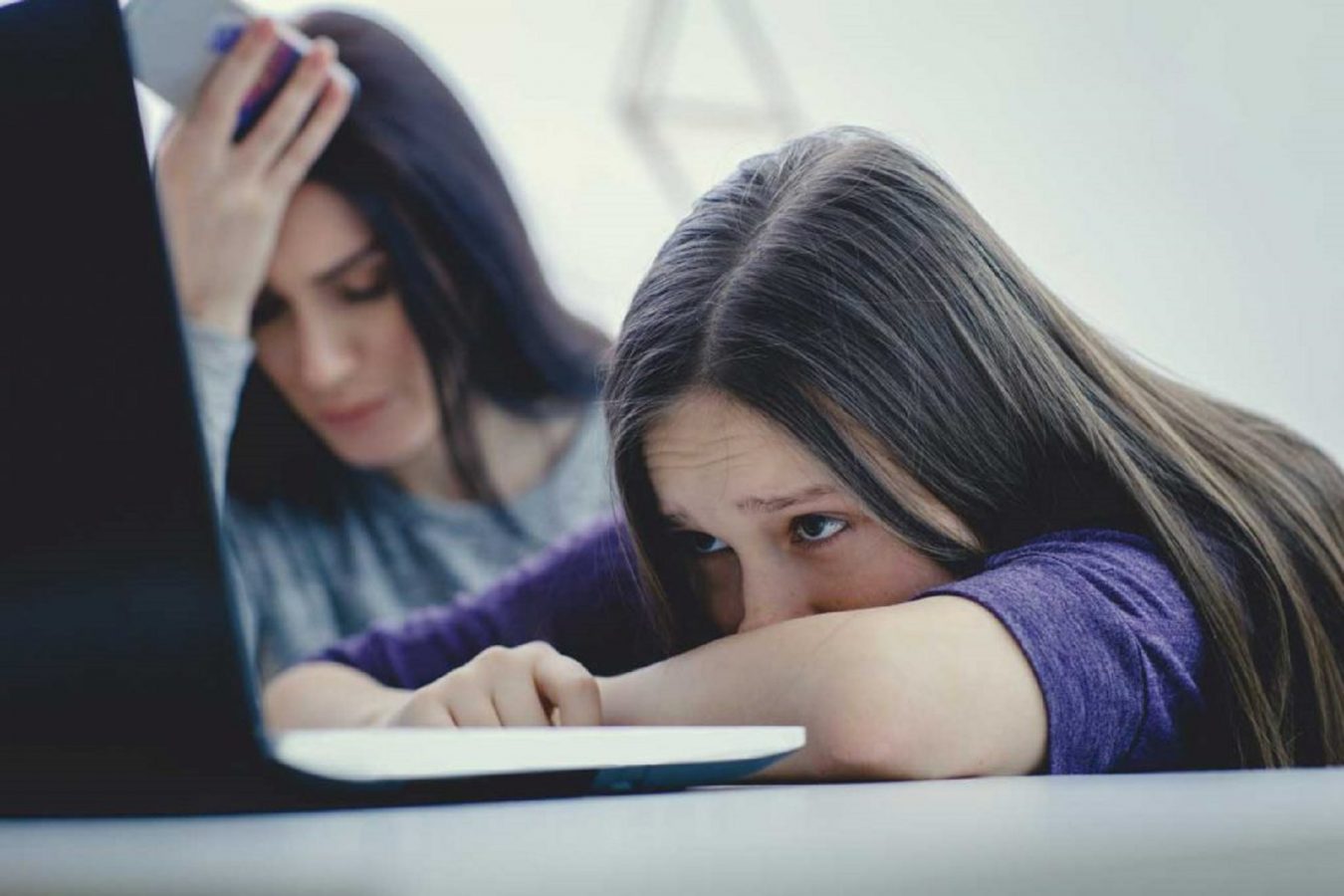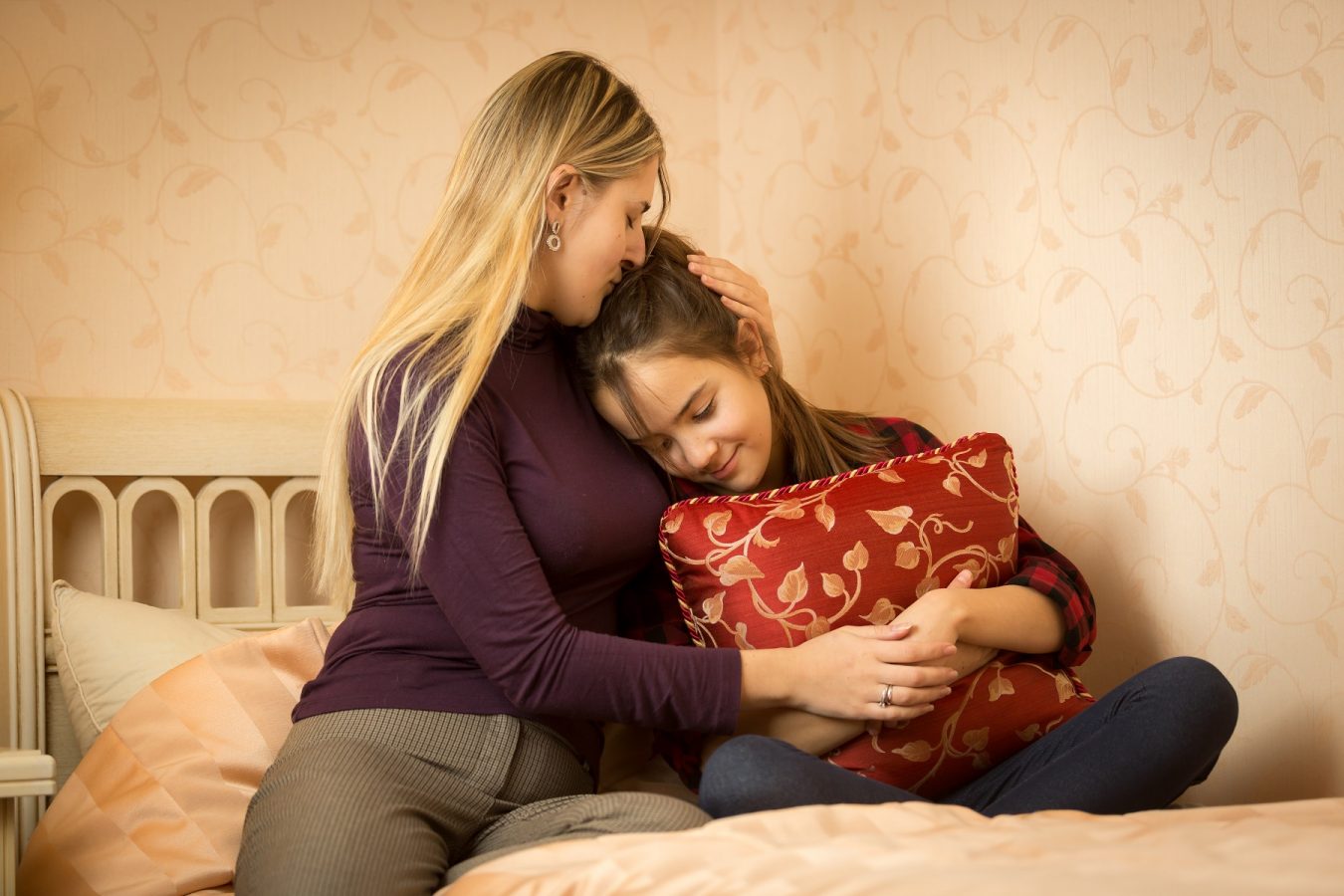
Things are getting tense in the household - how should parents respond? Clinical psychologist Andrew Fuller offers some great ideas, in this second part of his series on supporting young people during the pandemic.
Someone once sang something along the lines of, ‘you can check out anytime you like but you can’t leave any time soon.’ It seems to sum up our current situation.
Imagine for a moment you have a slightly cantankerous, mood-swinging roommate with a volatile temperament and erratic work habits. Imagine you decide to take on the task of helpfully informing your roommate about how to improve their lives. Imagine how well that might work out.
This is the phase that gets a bit tetchy. People have been bunkered in and space feels limited.
It might be siblings scraping their egos and entitlements against one another. It might be the sounds of a computer game being played at 2 am in spite of your clear instructions to, ‘turn that damn thing off and go to sleep.’
This is the phase where the household could splinter into factions, when vendettas and reprisals lurk in the air. It is time to take stock. The most important person to calm in this phase is yourself. It is time to regain your equanimity.
Put some soothing music on, bake something, read a treasured childhood story – do whatever you need to, but attempt to regain your senses.
We have all been through a major adjustment. Some people have moved from over-load to under-load. The after-shock of fear is exhaustion and a tendency to then ask, ‘I’m hurting. Who made me feel this way?’
While we may not yet have all the answers to our worries, it is time to revert to what gives us comfort. It is time to deal with blame and start to move towards kindness.
Find an antiviral
We have all been so deluged by news about the virus it is time to step back and limit our exposure to the media. Find an antidote in comedy shows or favourite films or by re-reading treasured children’s books.
Distance Matters
Being cooped up with even the finest people can wear a little thin after some time. Try to allocate ‘retreat’ spaces for each person in the household. These are spots where people can go for some time out and some privacy. As much as you can, try to respect family member’s need to be left alone in those places.
Specified spaces
As well as retreat spaces, try to nominate areas for project work, creative undertakings, communal activities and quiet areas. I realise this is not possible in everyone’s household but where it is, do it.
Develop a creativity corner. Ideally have some place where kids can start a project and leave it to come back to after some deliberation. Having to pack up a project-in-progress can be frustrating.
Drip feed parenting
Many older children and teenagers are not accustomed to intensive parenting. For some, small moments of parenting go a long way. Some parents will look on this time as an opportunity to really enjoy more one on one time with their children. The only problem is, some kids are not quite so keen. Sometimes short bursts of parenting work best.
Cooldowns and Meltdowns
Now as the sparks fly and the tempers flare you need to know how to read your kids.
Cooldowns are times when things get a bit too tense. Ideally you will have had an earlier chat at a calmer time about what they think will help if they get upset or antsy. Some kids need a calm adult to listen and a shoulder to cry on while others need space and time.
Meltdowns are an entirely different matter. During a meltdown people are out of control and nothing you do will make a skerrick of difference.
During meltdowns you have two priorities:
- Keep people safe
- Resume calmness as soon as possible.
What helps kids to be safe varies. Some kids need to leave and be alone. They calm best by themselves. Other kids, if left alone, go totally troppo. Make a safety plan now for meltdown moments if they do occur.
What young people may think
Young people may become unrealistically pessimistic about their futures or about the likelihood of becoming ill. Others may act as they have a special immunity to any threats and act in reckless ways.
What young people may feel
Fear and anxiety will remain for some as they feel preoccupied by threats. Others will convert these feelings into anger and blame the people closest to them for not being able to protect them or preserve their current lifestyle. This may especially be the case if a parent has lost a job or income and is feeling dejected. Some children decide it is better to have an angry parent than a sad one.
What you may see
If the situation itself isn’t erratic enough, you also get to see unpredictable behaviours occur at this time. Sleep disturbance. High voltage outbursts followed by teary neediness. An insistent focus on computer games where kids can regain a sense of control. This means parents need to deal with issues, feelings and behaviours as they arise rather than rather than saying, ‘but we had such a lovely morning together and you were happy then.’
What you may consider doing
The problem is the problem, the person is not the problem. Whatever issues you are facing during this time, it is essential that you do not confuse problems with people. Many people, kids especially, feel disjointed and confused and express their distress through their behaviour. They are not their usual selves.
What you may say
The most effective strategy in responding to distressed or fearful kids is to provide simple responses that acknowledge emotions such as fear, worry or loneliness.
‘These are tough times but we won’t always be in tough times. Everyone is more worried than usual.’
It is important to be clear but not to be unrealistically optimistic, ‘We don’t know how long this will go on for but we do know it won’t go on forever.’
Don’t give too much advice. Kids often just want to be heard. Rather than giving advice ask your kids what they think would help them to feel less lonely/ scared/ bored.
Your family may develop a code word that effectively means, ‘I need some time out right now.’
This is not the time for ‘platitudes of gratitude’. Even if your family are relatively protected compared to others, pointing it out to your kids often leaves them feeling unheard about their fears and anxiety.’
Be kind.
Copyright Andrew Fuller.
Like this post? Please share using the buttons on this page.
SubscribeAbout Andrew Fuller
Andrew is a clinical psychologist specialising in the wellbeing of young people and their families.
Stay in touch with Andrew on Facebook, on LinkedIn, through his website and on the My Learning Strengths website
Andrew’s most recent books are:
Your Best Life At Any Age and The Revolutionary Art of Changing Your Heart.



